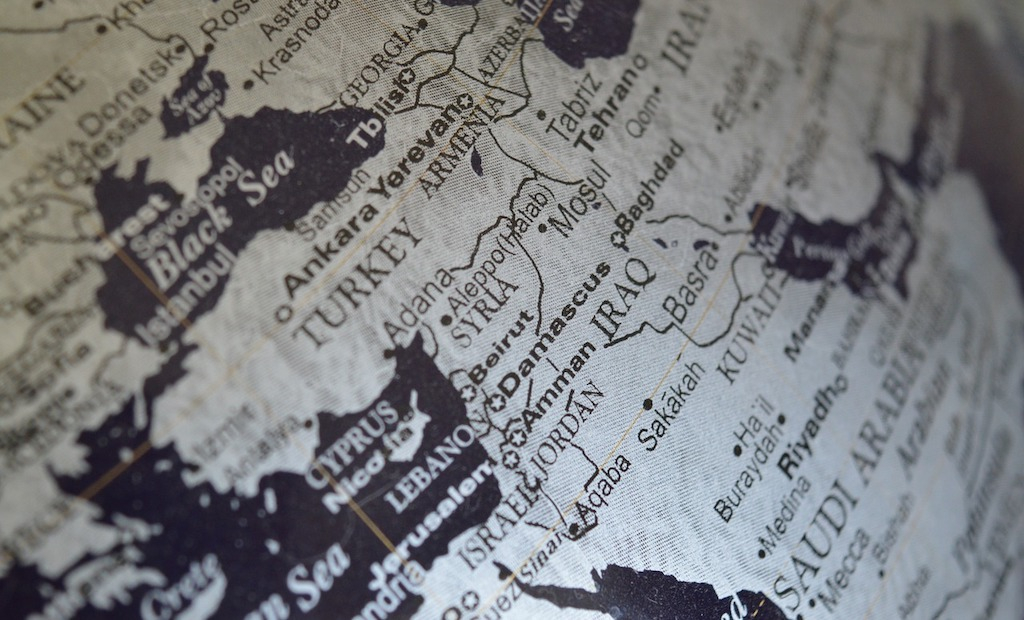Feature: What’s next for Syria?

Despite more than a year of uprising against the Syrian regime, President Bashar al-Assad is yet to give up his power to the revolution that has seen around 20,000 lose their lives in the nation. Against mounting pressure from the rebel forces, his regime has retaliated in the most brutal ways to prevent what was supposed to be the inevitable passing of power to the people analogous to its neighbouring states. With the recent attack from the rebels in Aleppo – Syria’s second largest city – the regime is at its most vulnerable. However, win or lose, the question remains: where will Syria go from here?
The ongoing battle in Aleppo is described by many critics to be the deciding factor in what is now being called a civil war, according to the International Committee of the Red Cross. More lives are yet to be lost, more buildings and infrastructures are yet to be blown to smithereens and by the end of it all whoever comes out the winner will have the difficult task of rebuilding the entire nation with the legacy of blood and destruction to contend with.
The rebuilding of Syria will not happen overnight nor will it happen smoothly. At the moment, Syria is a multi-ethnic country, home to various religions that co-exist side-by-side. The Alawites alongside Shia followers comprise of about 13% of the population, mostly centred on the country’s Mediterranean coast, while 60% of the population are the Arab Sunnis adamant on overthrowing the government that massacred 20,000 of them during February 1982. During Assad’s regime, Alawites have found themselves in higher military posts and have been heavily relied upon by the President to crush the uprising which led to the killing of Sunnis and opposing activists. If al-Assad’s military fails to suppress the revolution and regain control then the war on Alawites by the Sunnis will be inevitable, forcing the minority to seek refuge in neighbouring countries. Moreover, if the Sunnis come into power, the rest of the population involving the Christians, Kurds and Druze will live beneath a cloud of uneasiness. The Sunni successors will without a doubt revert the country’s secular state fronted by the Assad dynasty, which might further damage the already broken Syria.
Take for instance, the war between the Sunni and Shia in Iraq following the invasion of the US and an eventual removal of Saddam Hussein. The Iraqi Sunni – much like the Syrian Alawites – had dominated the Shia faction which comprised of 60% of the country’s population. Following Saddam Hussein’s exit, the relation between the Sunni and Shia factions deteriorated leading to countless deaths. While Iraq’s problem may have prevented the direct international invasion in Syria, the toppling of al-Assad will have similar consequences whether the world partakes with their military or not. Even if the successive government condemns the sectarian war it will not be enough to annihilate the possible threat of Sunni’s retribution against the Alawites that have so far dominated them.
Furthermore, the recent admission of possessing chemical weapons by Syria adds a new dimension to the ongoing battle between the military and Free Syrian army (FSA) and introduces new fearful possibilities. Even though the government has assured the world that the weapons would not be used against their own people, one can’t help but question their resolution. After all, those weapons could be the defining act in regaining control of the situation.
However, the use of such weapons would do more harm than good to the regime – something that President al-Assad is well aware of. Putting aside the destruction of his own country, he will also be faced with international repercussions that are likely to involve armed attack from Europe and America with Israel lending their support in overpowering al-Assad. Even Russia, which has been one of the major supporters of Syria’s military, may finally lose its patience and call for his resignation.
It is no surprise that with the variety of international sanctions imposed on the government of Syria and the unyielding attacks from the FSA, al-Assad is left with few resources and even fewer alternatives to manoeuvre his way out of the revolution with his power still intact. Sooner or later, he will fall, but without any unity among his opposition, the country will descent into civil war and stray away further from civilization that could also see international support divided among the opposition groups. The end may be in sight for al-Assad, but let’s hope it does not signal the end for Syria.
Rajeeb Gurung




















Facebook
Twitter
Instagram
YouTube
RSS